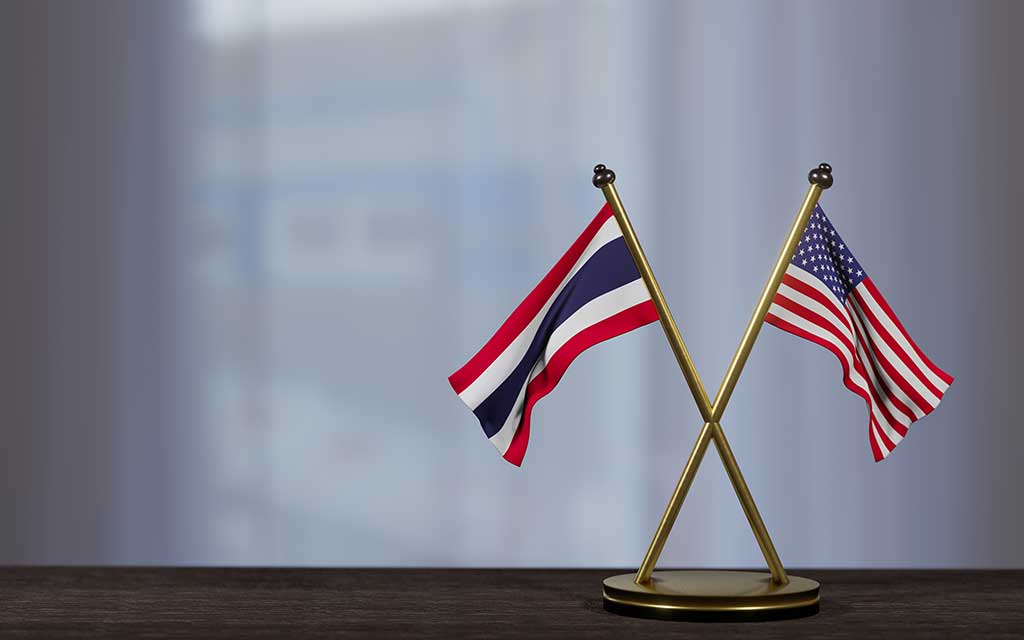US-Thailand Treaty of Amity. The United States and Thailand have enjoyed a long and multifaceted relationship. A key pillar of this partnership is the Treaty of Amity and Economic Relations, also known as the US-Thailand Treaty of Amity, signed in 1966. This agreement offers unique advantages to American businesses operating in Thailand.
A Legacy of Friendship:
The Treaty of Amity actually has roots extending back to 1833, making it one of the oldest treaties between the US and an Asian nation. The 1966 revision aimed to strengthen economic ties and grant American businesses greater access to the Thai market.
Benefits for US Businesses:
The treaty provides significant advantages for American companies looking to establish themselves in Thailand. Here are some key highlights:
- Ownership Rights: Unlike most foreign entities in Thailand, US businesses registered under the Treaty of Amity can hold majority ownership (51% or more) in certain businesses.
- National Treatment: Treaties-qualified American companies are afforded treatment similar to Thai businesses, exempting them from some restrictions imposed by the Thai Foreign Business Act.
- Dispute Resolution: The Treaty offers a specific framework for resolving disputes between American businesses and the Thai government.
Important Considerations:
While the Treaty offers substantial benefits, it’s crucial to understand its limitations:
- Restricted Sectors: Certain industries, like communications and transportation, remain restricted for foreign investment under the Treaty.
- Minimum Requirements: To qualify under the Treaty, companies must have a minimum level of American ownership and directors.
- Compliance: Businesses must adhere to the Treaty’s provisions and relevant Thai regulations.
Exploring Your Options:
If you’re a US citizen or company considering venturing into the Thai market, the Treaty of Amity can be a valuable tool. However, careful planning and professional guidance are essential. Here are some next steps:
- Research Restricted Industries: Ensure your business operates in a sector permitted under the Treaty.
- Consult a Lawyer: A lawyer with expertise in Thai business law can advise you on navigating the Treaty and ensure compliance.
- Consider Alternatives: Depending on your business goals, other investment structures in Thailand might be more suitable.
A Stepping Stone to Success:
The US-Thailand Treaty of Amity serves as a cornerstone for fostering economic collaboration between the two nations. By understanding its advantages and limitations, American businesses can leverage this unique agreement to successfully establish themselves in the dynamic Thai market.

